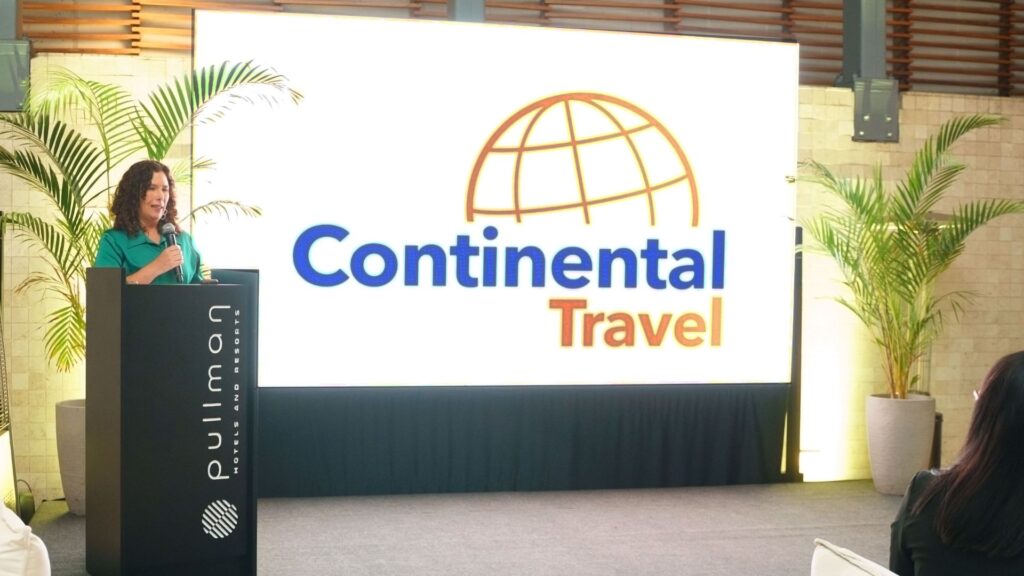Why SMEs Still Struggle to Access Climate Finance
From a climate perspective, we are living through a decisive moment—one in which the prioritization of the climate agenda is no longer optional. In 2024, global average temperatures surpassed 1.5°C above pre-industrial levels for the first time. Wildfires, floods, and droughts have ceased to be exceptional events and are now recurring signals of a climate transformation advancing faster than the international community has been able to respond. It is true that meaningful progress has been made toward economic decarbonization. However, this progress has not occurred at the speed or scale required. While multilateral frameworks have helped avert even more critical scenarios, the current trajectory continues to drift away from the mitigation targets necessary to stabilize the climate and reduce the systemic risks facing societies and economies worldwide. SMEs: The Missing Link in the Climate Transition In this context, small and medium-sized enterprises (SMEs) could—and should—play a far more central role in the global decarbonization agenda. SMEs account for over 90% of the global productive fabric, generate more than half of all jobs, and sustain supply chains that connect territories, sectors, and markets. Their capillary presence in cities, rural regions, and production hubs gives them a role no large corporation can replace. SMEs are the “last mile” of the climate transition—the point where national commitments translate into real economic action, and where decarbonization becomes tangible in terms of competitiveness, resilience, and long-term viability. Yet despite this central role, climate mitigation finance is not reaching SMEs at the scale or speed the climate crisis demands. A Structural Paradox in Climate Finance The paradox is clear:Climate finance exists. Commitments have multiplied. Pressure to transition toward low-carbon models continues to grow. And yet, SME participation in climate finance mechanisms remains marginal. This disconnect is not primarily due to a lack of financial resources or insufficient climate ambition. Rather, it stems from a combination of structural, technical, and operational barriers—most notably, a well-documented technical capacity gap. To access climate finance, companies must demonstrate mitigation potential in a robust and verifiable manner. This typically requires: Most SMEs simply do not have these elements in place. They lack emissions inventories, technical teams, standardized tools, and the capacity to monitor and verify impact. This mismatch between what financiers require and what SMEs can provide explains why effective demand remains low—even in the presence of abundant climate capital. The Financial Sector’s Challenge From the perspective of financial institutions, the challenge is equally significant. Without standardized, comparable, and verifiable data, it becomes difficult to assess risk, estimate mitigation returns, and structure suitable financial products. The absence of shared criteria—regarding what qualifies as a mitigation activity, how impact should be measured, or what minimum information companies must disclose—raises transaction costs and increases uncertainty. In an environment of growing regulatory pressure and transparency expectations, this gap discourages capital allocation to SMEs, despite their enormous mitigation potential. A Vicious Cycle of Exclusion The outcome is a self-reinforcing cycle: As a result, the international climate finance architecture inadvertently reproduces structural inequity. The very enterprises best positioned to deliver territorial decarbonization are those facing the greatest barriers to participation. The Opportunity We Are Missing This reality stands in stark contrast to the scale of the opportunity. SMEs can reduce emissions through: When these interventions are facilitated, supported, and scaled, their aggregate impact can significantly accelerate the transition toward resilient, low-carbon economies. Excluding SMEs does not only delay climate action—it weakens the competitiveness of key productive sectors, undermines employment, and limits alignment with international decarbonization standards that increasingly shape global trade. Why the Gap Persists—and How to Close It The central question is unavoidable: why do SMEs struggle to access climate finance? One critical answer is that current financial mechanisms were designed for companies with robust structures, specialized teams, and the capacity to comply with complex monitoring and verification standards. Until these mechanisms are adapted to the scale, realities, and dynamics of SMEs, the gap will persist. The good news is that this challenge is not irreversible. It is fundamentally a matter of strategy and opportunity. Aligning climate finance architecture with SME realities—by simplifying processes, generating reliable data, integrating technical assistance, standardizing criteria, and reducing transaction costs—is essential to unlocking their role as climate leaders. Green Initiative’s Role in Bridging the Gap In 2025, Green Initiative was recognized at the Sustainable Finance Awards as a leading organization in advancing climate-aligned financial solutions (category to be finalized). We were honored with the award for Net Zero Progression of the Year, while our own Erika Rumiche Hernández was named Rising Star Under 30 — a remarkable double recognition that underscores both our organizational impact and the leadership of the new generation. Green Initiative works globally to support financial institutions seeking to close the SME climate finance gap through: Currently, Green Initiative is collaborating with international partners on the publication of Climate Mitigation Finance: A Practical Guide for Financial Institutions & SMEs, scheduled for release in the first half of 2026. This guide aims to provide actionable frameworks that translate climate ambition into real, scalable financial access for SMEs worldwide. When financial systems evolve to meet SMEs where they are, these enterprises will not merely access climate finance—they will help lead the climate transition from the ground up, exactly where impact matters most. Ready to unlock climate finance for SMEs?Contact Green Initiative to explore how technical assistance, data transparency, and climate certification can turn ambition into bankable climate action. This article was written by Tatiana Otaviano Luiz from the Green Initiative Team. Related Reading
Why SMEs Still Struggle to Access Climate Finance Read More »










